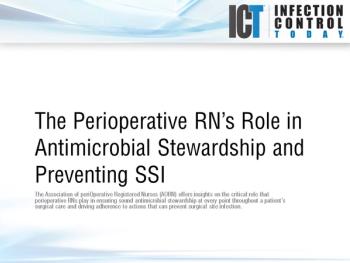
News


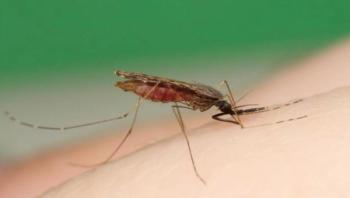
Drug-resistant forms of Plasmodium falciparum, the deadliest species among malaria parasites, are able to infect the type of mosquito that is the main transmitter of malaria in Africa, according to findings from scientists at the National Institute of Allergy and Infectious Diseases (NIAID), part of the National Institutes of Health, and global partners. The discovery suggests Africa--where malaria will cause an estimated 400,000 deaths in 2015--is more at risk for drug-resistant malaria infections than previously thought, which could further compromise efforts to prevent and eliminate the disease.

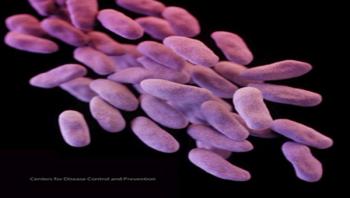

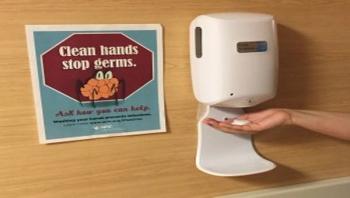










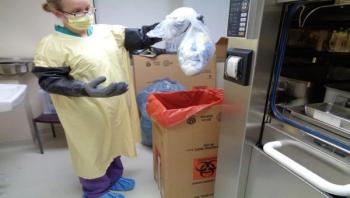
It’s usually the small things that are overlooked, emphasizes John Lowe, PhD, assistant professor in the Department of Environmental, Agricultural and Occupational Health at University of Nebraska Medical Center (UNMC). Lowe’s facility was among a handful in the United States that treated patients infected with Ebola virus in 2014. Healthcare systems such as UNMC and Emory University Hospital in Atlanta have well-established biocontainment units and expert staff that helped stop the spread of the deadly pandemic pathogen.


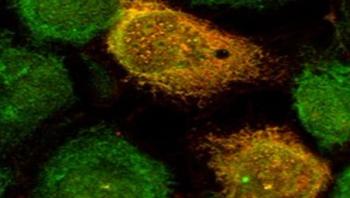
Many viral infections, such as the common cold, cause mild illnesses that the body’s immune system eventually defeats. But when viruses cause severe disease, doctors have few options for effective treatment. Studying mice with a variety of viral infections, scientists at Washington University School of Medicine in St. Louis have demonstrated a way to dial up the body’s innate immune defenses while simultaneously attacking a protein that many viruses rely on to replicate.
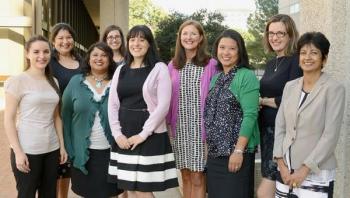
A joint study by UT Southwestern Medical Center and Parkland Health & Hospital System investigators found that a multicomponent outreach program increased completion of the three-dose human papillomavirus (HPV) vaccination series that reduces the risk of cervical cancer caused by the virus.






